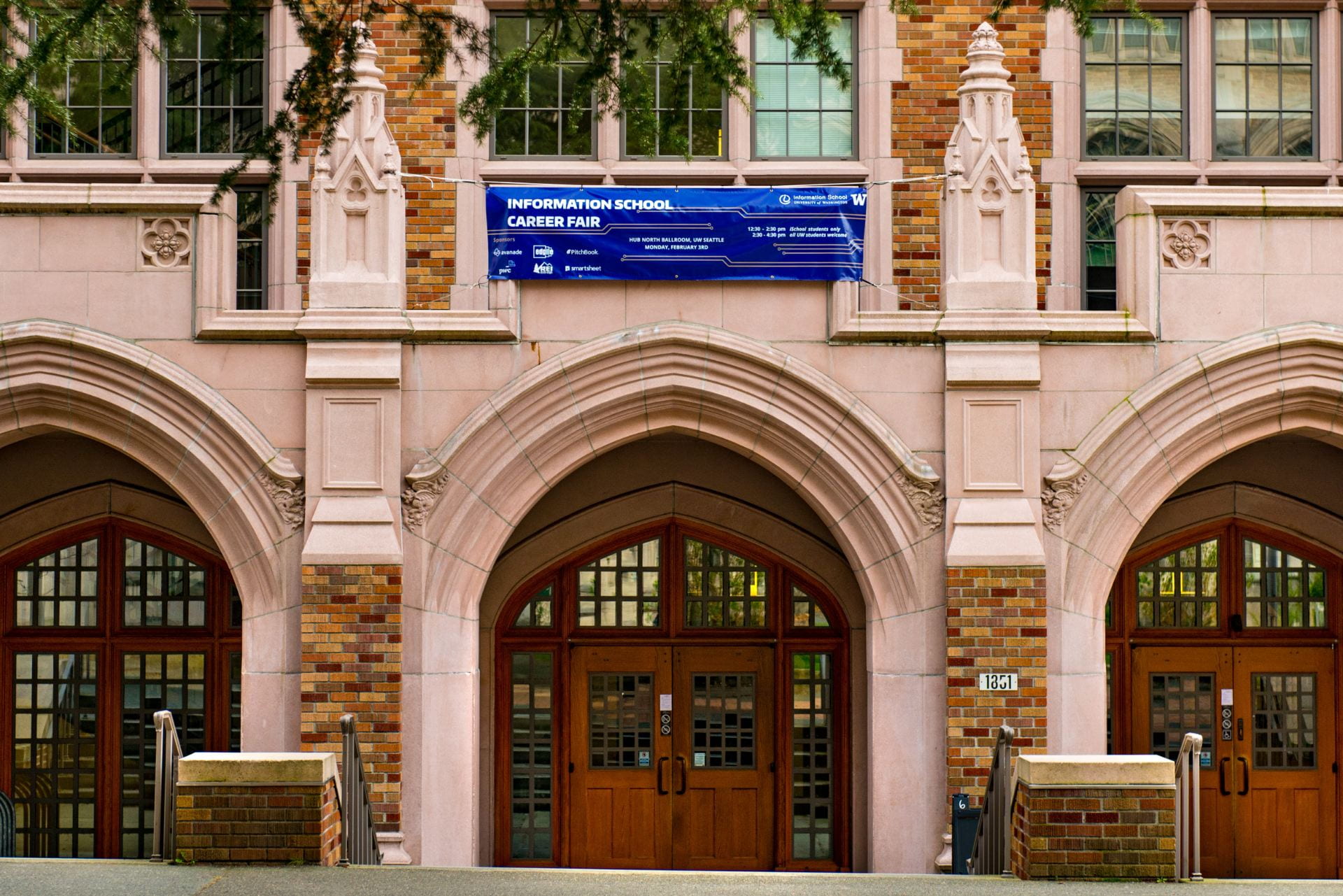The Institute of Museum and Library Services (IMLS) has awarded a nearly $250,000 grant to a project that will develop and implement a comprehensive program for libraries that aims to foster greater understanding and resilience to misinformation. The project — led by University of Washington Center for an Informed Public cofounder Chris Coward, a UW Information School senior principal research scientist who directs the iSchool’s Technology & Social Change Group, and CIP faculty member Jin Ha Lee, an iSchool associate professor and director of the iSchool’s GAME Research Group — seeks to build and deploy an online escape room hosted by librarians that will help improve libraries’ capacities to address misinformation through innovative educational programming.
With the IMLS grant, the project team will deploy a tested escape room prototype in 10 public libraries; create a design kit that allows libraries to develop other escape rooms; run two co-design camps around Black Lives Matter and fandom to demonstrate use of the design kit for creating interest-driven escape rooms; and undertake a broad dissemination campaign.
The Euphorigen Investigation prototype game, developed through a collaboration among CIP, TASCHA and Puzzle Break and funded in part through a 2020 CIP Innovation Fund grant, was piloted in six public libraries involving 60 participants. The game immerses players in a world of manipulated media, social media bots, deepfakes and other forms of deception. The aim was to elicit feelings of vulnerability, challenge people’s preconceived notions, and cause participants to reflect on the consequences of spreading misinformation. Preliminary analysis is showing that the game is achieving these goals as reflected in such statements as:
- “I felt confident at the start of the escape room that I knew what I was doing, and that spotting misinformation would be easy. But the process taught me a lot about how easily I am fooled, especially when trying to do things in a rush.”
- “I didn’t realize the level of sophistication and trickery that goes into spreading misinformation – my tendency is to think that people who are susceptible to misinformation are either not very intelligent or educated”
LEARN MORE




